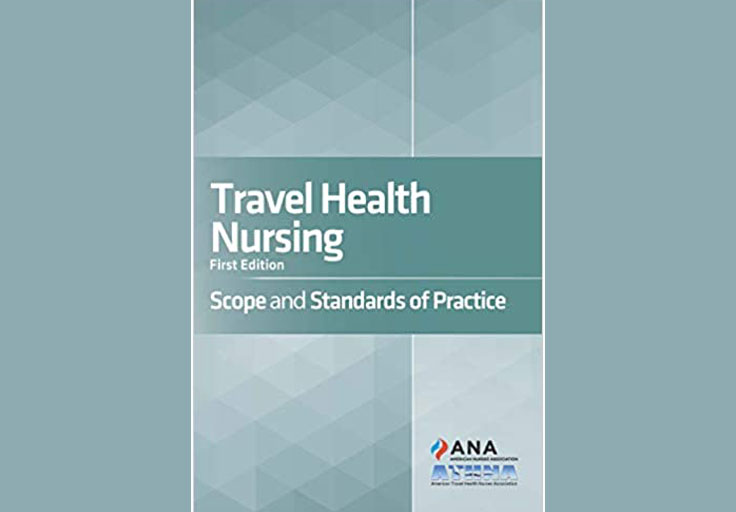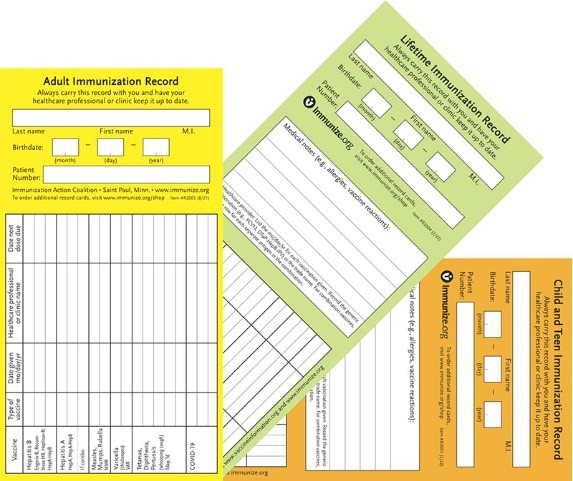Travel Health Nurses Make a Difference
Throughout the year, ATHNA joins with the ANA to celebrate the commitment and contributions of US nursing professionals to the health and well-being of our nation and our world. The ATHNA Board of Directors sincerely appreciates the many efforts of nurses in our specialty providing pre- and post-travel services in a multitude of clinical settings to individuals, families, groups, and organizations. Travel health nurses contribute to the health and safety of their travelers, the destinations they visit, and the communities to which they return. ATHNA is grateful for our more than 3000 members who provide customized, quality healthcare to students, tourists, missioners, business travelers, the military, and other travelers every day. As the professional association for the specialty of travel health nursing, ATHNA is honored to work on your behalf.
AMERICAN TRAVEL HEALTH NURSES ASSOCIATION
WELCOME!
The American Travel Health Nurses Association (ATHNA) is the professional organization for the specialty of travel health nursing in North America. Founded in 2004, ATHNA is a 501 (c)(3) non-profit incorporated in New York. With more than 3,300 members across the United States and internationally, ATHNA is committed to professional development, networking, research, and advocacy in travel health nursing. If you provide health care services for travelers – both domestic and international – ATHNA is the nursing organization that supports you and your patients. Join us as we build our professional community!
Our Mission Statement
As the U.S. professional organization and voice for the specialty of travel health nursing, ATHNA's mission is "to advocate for nurses engaged in the care of all travelers through professional development, scholarship, evidence-based practice, and specialty board certification."
The Specialty of Travel Health Nursing
Recognized by the American Nurses Association in 2020 as a distinct nursing specialty, Travel Health Nursing is the specialized nursing practice that advances the well-being of all travelers in all phases / stages of travel, both domestic and international.
Travel health nursing professionals provide care for individuals, families, and groups through all stages of travel including pre-travel preparation, in transit support, and post travel evaluation and management. We practice in a variety of settings that include hospitals, private travel health clinics, universities, corporations, the military, public health centers, and community clinics. As clinicians, we are specially educated and trained to assess traveler health and safety risks and to provide risk management strategies that include immunizations, medications, health counseling, and referrals. Travel health nurses also function as researchers, faculty members, consultants to business and governments, entrepreneurs, and nursing leaders in this country and internationally.
ATHNA Offers Free Membership. If you provide services to travelers, please consider joining our professional association.
ATHNA TravelBytes
TravelBytes are engaging, substantive, and concise posts from a variety of fellow professionals in the field of travel health. The writers strive to illuminate challenging clinical issues, share timely evidence-based recommendations, and keep you apprised of relevant global health and policy developments.
Access former TravelBytes here.
Members Only Portal
Membership Benefits
In addition to the information offered on our homepage, we offer our members additional content and resources available on the Membership Portal. Not yet a member? Join today – we offer free membership and welcome your participation in the U.S. professional organization for the specialty of travel health nursing.
What does the Membership Portal Offer?
Travel Health Knowledge and Skills
Travel health nurses can access foundational information for the practice of our specialty. Here you will find the Model Travel Health Nursing Curriculum and the Travel Health Nursing Glossary.
Forms Archive
From time-to-time ATHNA shares new forms, checklists, and clinical tools to facilitate efficient and effective patient care. This includes the ATHNA template for a pretravel assessment questionnaire updated every year as needed, a screening tool for yellow fever vaccination, a checklist for rabies pretravel prevention counseling, and more. Members will want to adapt these documents to their own practice settings and travel populations and review and revise prn.
Career Center
Members are welcome to post open positions or announce their availability for travel health nursing employment. Employers are welcome to post employment opportunities.
Membership Certificate
A certificate suitable for framing is available as a download to our members.
NED Information
Announcements about registration, CE topics and speakers are posted here for our members who plan to attend one of the regional and unique Networking, Education and Development conferences ATHNA offers each summer.



